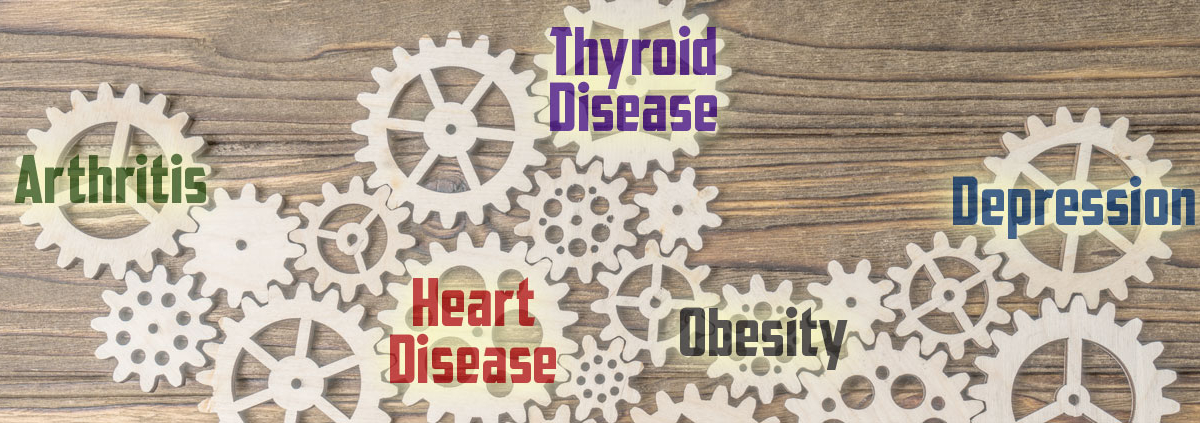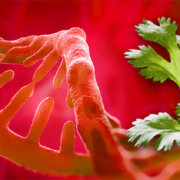The System Theory of Disease
I first heard about systems and disease in a TED talk by Dr. David Agus, an oncologist in Southern California. (You can watch that TED talk by clicking the link above or copying the one in the references.) In it, he talks about how cancer is being treated: attack the cancer directly wherever it’s located. Based on a follow-up in the 12 years since his talk, I don’t know that things have changed a great deal.
The problem is that cancer is a complex system once it gets established. That’s why early diagnosis is critical. He goes on to say that cancers can be cured if caught early; if they’re not, the odds that the cancer can be eradicated decrease tremendously. That’s a little disheartening, to say the least, but out of that came a theory: a systems theory of disease that I’ve been thinking about since I heard that first talk.
Diseases Result from System Failure
The basis for my theory of disease as a system is that we have to look at all systems and organs involved in a disease, not just a specific organ. When it comes to something like cancer, it could include the cardiovascular system that sends blood and thereby nutrients to the tumor, no matter where the tumor is located. Restricting the blood flow to the tumor in some way can certainly impact its ability to gain nutrients, get rid of waste products, and inhibit it from defending itself.
In my opinion, we can use this approach for every disease and condition. We think in terms of doing one thing to be able to deal with a disease or condition: attack what we perceive as the cause. What we have to understand is that a condition such as obesity is not just a matter of overeating and under-exercising. Many of you have heard me say that it’s all about the calories—the end. I’m not modifying that because it really is about the calories, but the diet, the exercise, and other factors may be different for different people to achieve a solution to excess body weight based on genetics. For example, if you want to lose weight, maybe you first need to get treatment for your depression or your insomnia.I think the same is true for cardiovascular disease, type 2 diabetes, and on and on.
Systems and Aging
These days, my focus is on the diseases and conditions associated with aging: loss of muscle mass, excess body fat, changes in brain and memory, hypertension, vision, and so on. Each one is associated with complex systems, and thus must be dealt with in a multi-factorial way. That’s the purpose of Aging with a Vengeance: to find those solutions.
But before we get to that, we need to identify why complex systems fail. What goes wrong? How did they go wrong? That’ll be the focus of Tuesday’s memo.
What are you prepared to do today?
Dr. Chet
Reference: Dr. David Angus TED Talk. https://bit.ly/2ThlJt5


 AllOfUsInfo
AllOfUsInfo





